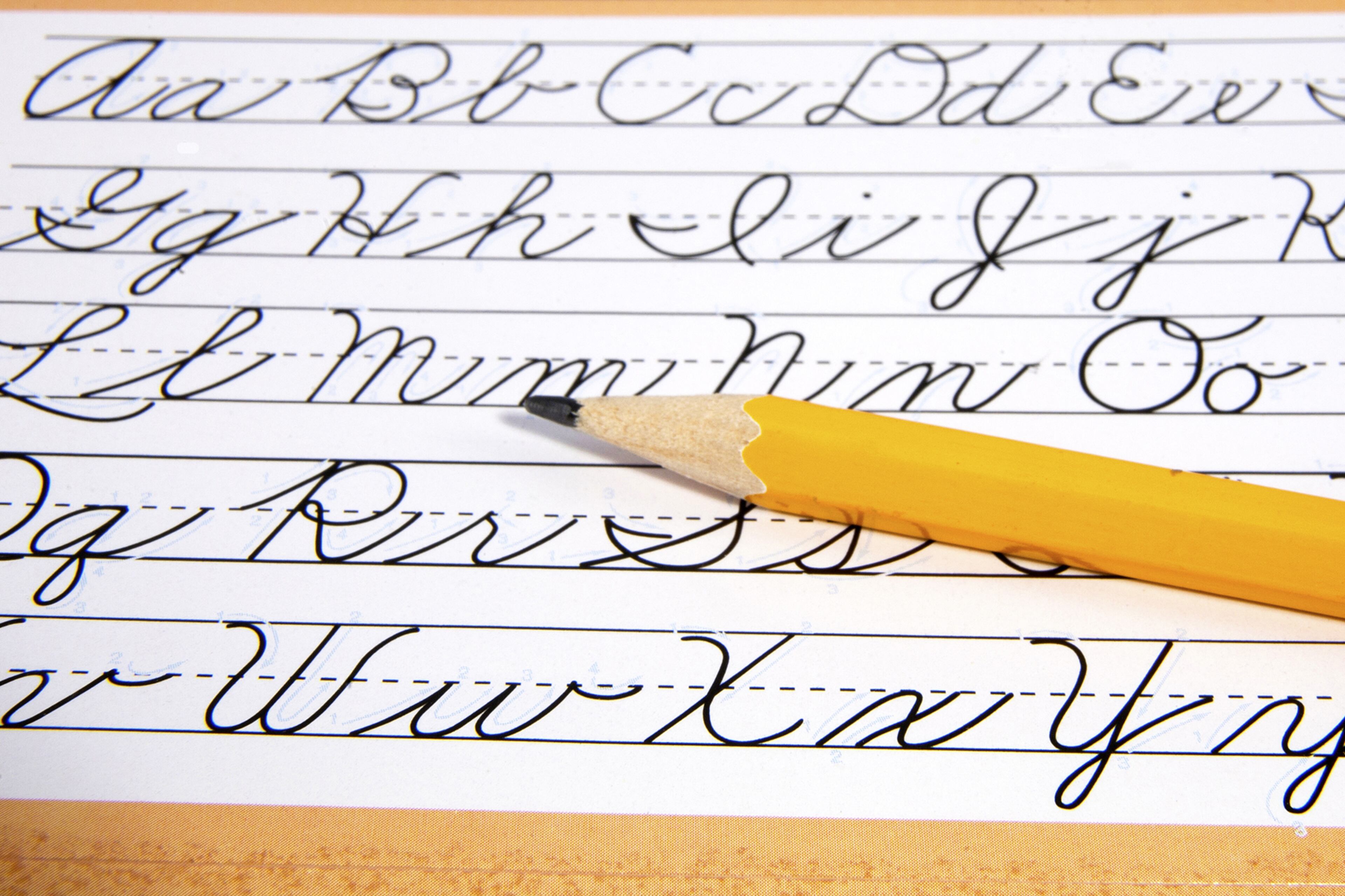Five issues to watch during the new school year in Georgia

As the calendar flips to August, it’s time for a new school year in Georgia.
Classes begin Monday in metro Atlanta’s largest school districts. Much of the conversation about education in recent months has focused on the impact of the Trump administration’s changes to classroom instruction and funding.
Here are five issues as students return to class:
School safety
State leaders hope several new laws will make classes safer in the wake of last year’s deadly shooting at Apalachee High School in Barrow County.
They include a requirement that school systems implement a panic alert system that connects directly to emergency services, schools quickly communicate about disciplinary problems with students transferring in from other schools and an anonymous platform where anyone could report students who may pose a threat to school, staff, students or themselves.

Additionally, Gwinnett County is installing a weapons detection system at all of its middle and high schools. The system, from Evolv, has been used in other districts, such as Atlanta and DeKalb.
Cellphone bans
A new state law requires public school districts to come up with plans by January to prohibit students through eighth grade from accessing their personal electronic devices during the school day.

Several metro Atlanta districts this summer announced plans to comply with the law. Rockdale County will require students to put their devices into pouches when they arrive at school, which will remain locked and in the students’ possession for the duration of the school day. Cobb County’s superintendent has said students will be expected to store their phones in their bags.
DeKalb County is taking a different approach. It is extending the ban for all students in the 2025-2026 school year.
Educators hope the ban will reduce classroom distractions and improve student performance. Some parents, though, worry the ban will make it tougher to contact their children during an emergency.
Books
Two recent U.S. Supreme Court rulings could give parents more leeway to remove their children from classes to avoid them reading materials they find objectionable.
In U.S. v Skrmetti, the court upheld a Tennessee law banning puberty blockers and hormone therapy for transgender minors. In Mahmoud v. Taylor, the court sided with a group of Maryland parents from different religions who objected to their kids reading LGBTQ+-inclusive books in public schools.
Vouchers
Several thousand Georgians have applied for a new voucher scholarship program that gives money to students who are zoned to attend low-performing public schools. Each of the scholarships is worth $6,500 and can be used to pay for private school tuition, tutoring or other education costs. The program begins this fall. More than 300 private schools have been approved to participate in the program. Critics worry many lower-income families will not be able to afford enrollment in some private schools, where tuition exceeds $30,000 a year.
Cursive writing
Georgia’s updated English Language Arts curriculum will include a skill foreign to many young people — cursive writing.

Students in the third through fifth grades will be required to learn how to write in cursive.
“Handwriting, a basic tool for life, assists with the development of both fine motor skills and working memory skills,” the Georgia Department of Education wrote in an instructional guide.


